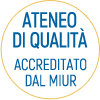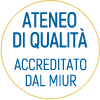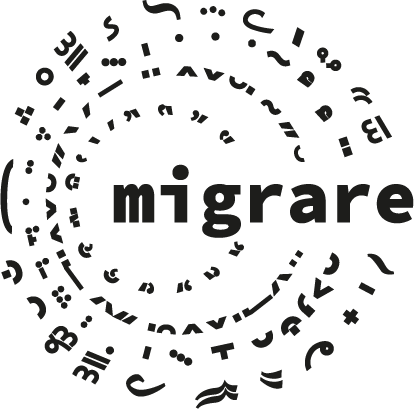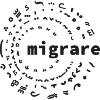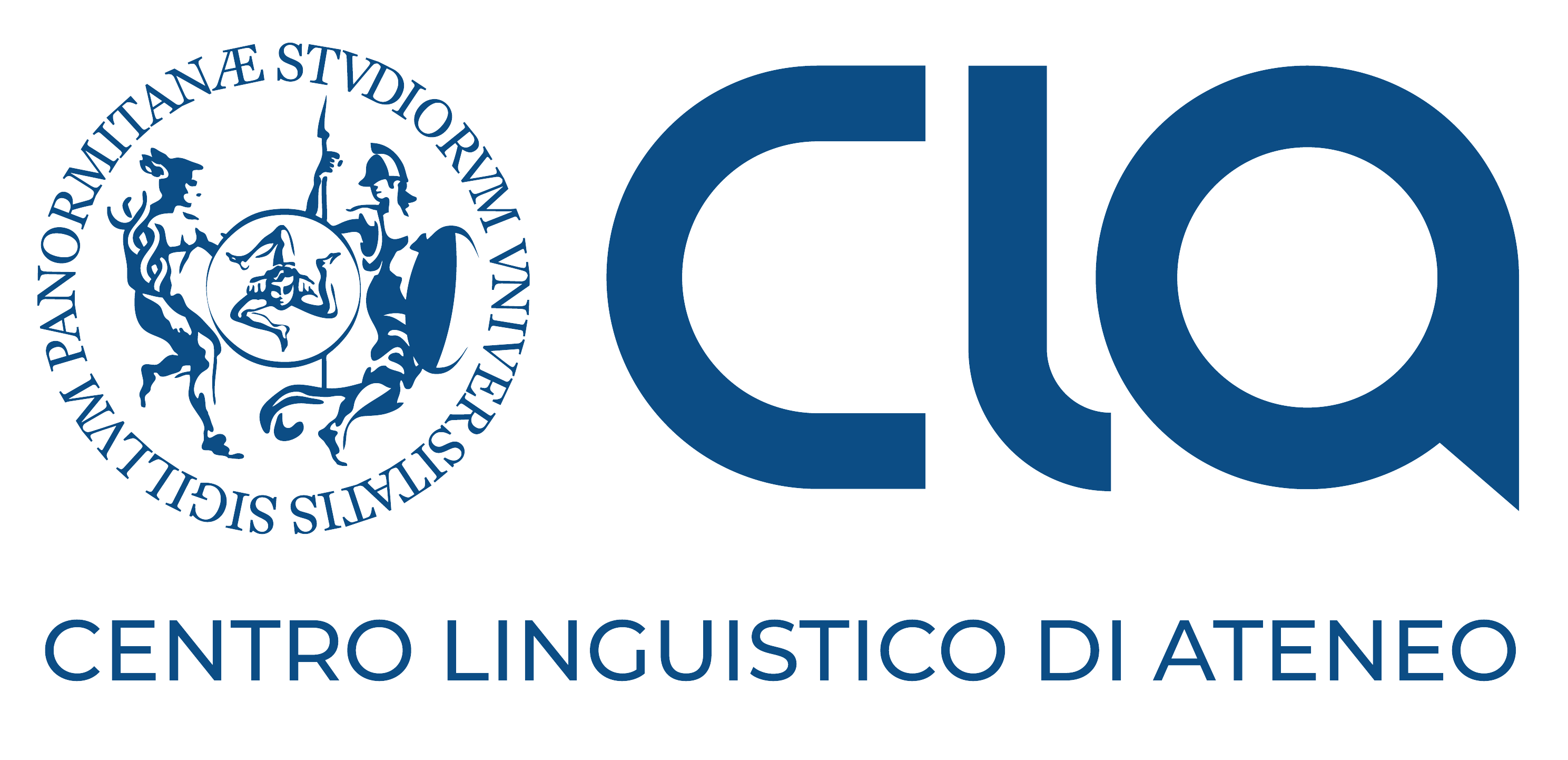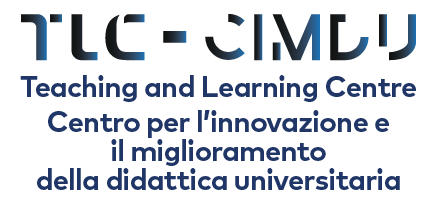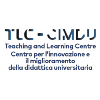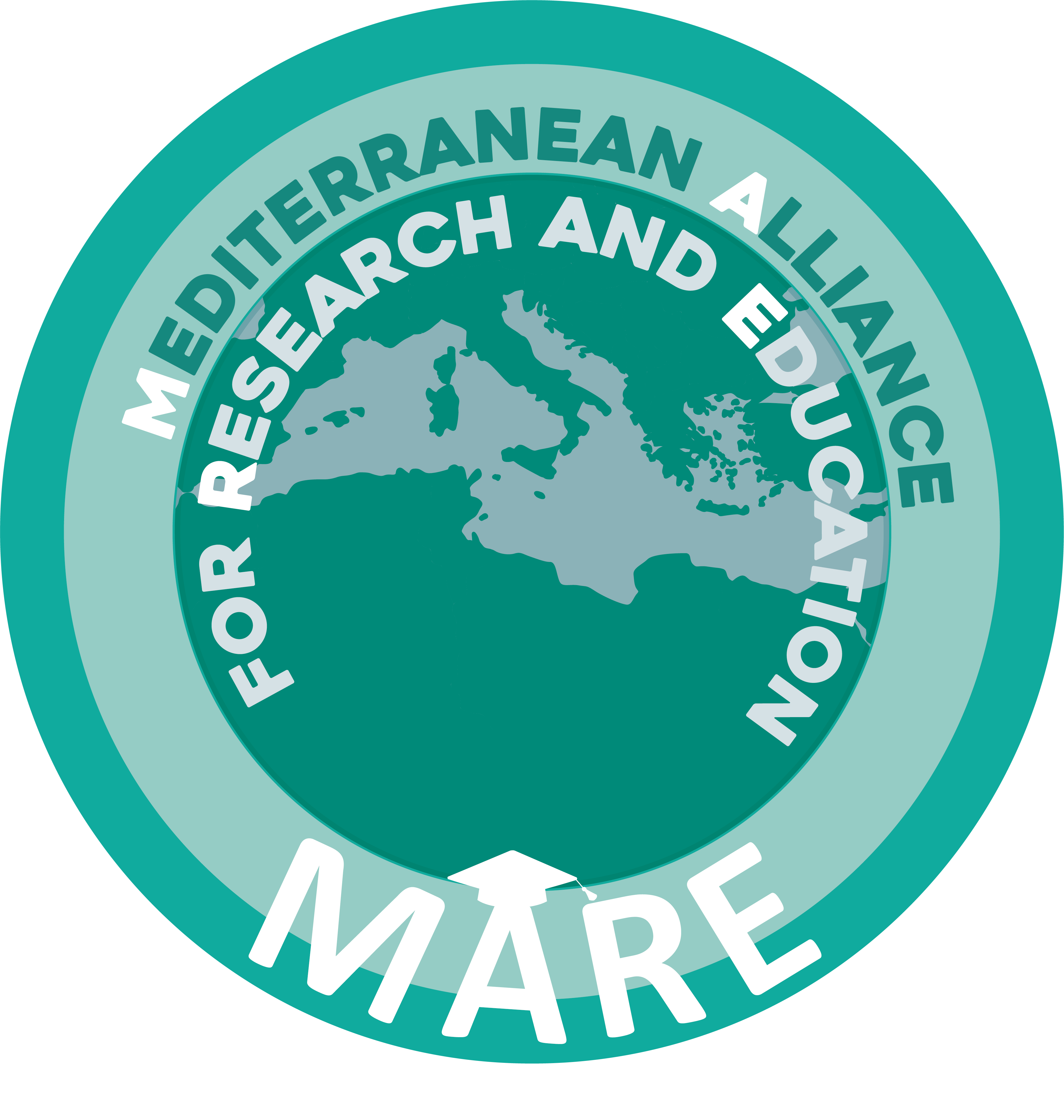PhD Program - XXIX
Architecture, Arts and Planning
Coordinator: Prof. Arch. Francesco Lo Piccolo
| Location | University of Palermo - Department of Architecture Viale delle Scienze, Building 8, F4 - floor 1 - 90128 Palermo. Viale delle Scienze, Building 14 - C, floor 2 - 90128 Palermo |
| Vice-Coordinator |
Prof. Arch. Marco Rosario Nobile |
| Secretary |
Prof. Arch. Filippo Schilleci |
RESEARCH TOPICS
1. Architectural Design, Theory and Technology (Program)
2. History of Art and Architecture (Program)
3. City, Region and Landscape Planning (Program)
DESCRIPTION
1. Phd curriculum: Architectural Design, Theory and Technology
Architectural Design, Theory and Technology Ph.D. curriculum is addressed to those people seeking careers in the teaching of Architecture, Building Engineering and related topics, or in government or professional roles that require deepened specialization and experience in the fields of technological and architectural research. The research activities of the Ph.D. cover a broad range of subjects related to the buildings and to the built environment. The Ph.D. curriculum related to different disciplines provides a variety of research themes related to the architectural and urban design, the new building technologies and the innovation transferred from different sectors to the Architecture and the Building Engineering (and that it can be applied to the built environment and the building elements), the BIPV and other renewable energy sources, the landscape design.
The curriculum is based and it is referred to two research clusters developed inside the Department and, in particular, related to the Architectural Design, Technical Architecture and Architectural Technology.
2. Phd curriculum: History of Art and Architecture
The program of the PhD in History of Arts and Architecture aims to train professionals highly qualified in the field of architectural history, art history and preservation of the architectural heritage, for a considerable occupational inclusion in public and private institutions that are in charge of study, cataloguing, preservation and use of artistic, architectural, urban and environmental heritage. The PhD curriculum refers to disciplinary fields included in the Department of Architecture and the Department of Cultural Heritage - Cultural Studies and is divided into two main areas of study: History of Architecture and History of Art. History of Architecture: The research topics include: history of architecture in ancient, medieval, early modern and modern age, urban history, construction history, history of architectural literature, history of architectural restauration; they also include history and theory of representation, survey as a tool for knowledge of architectural works, environmental and urban contexts, its direct and instrumental methods, its procedures and techniques, including digital ones, for metric, morphological and thematical restitution. History of Art: The PhD Curriculum in History of Art aims at training scholars able to carry on a highly specialized scientific research, who having appropriate methodological abilities to promote the advancement of the art-historical studies. The purpose is to increase the historical-critical research, i.e. start from the current studies to obtain original results evaluated on a high scientific level.
3. Phd curriculum: City, Region and Landscape Planning
With cross-disciplinary teaching team, the program encourages its Ph.D students to develop specializations within the field of urban studies and planning and to expand their intellectual horizons through training in the related fields of ecology, law, geography, sociology, public policy and economics. The program is based and referred to two research clusters which are in the Department and, particulary, in the City, Region and Landscape Planning: Planning theory and practice and Spatial Development and Planning. Planning theory and practices: Principal focus is the development of analytical and normative understandings of planning activities through studies of theoretical concepts, policies and practices. Emphasis within the program is given to the role of space and of collective action on the part of governments and civic organizations. Of particular concern are issues of social justice and democracy. Spatial development and planning: The cluster is focused on spatial planning models and related policies through the deepening of their interrelationships with the physical, economic and normative spheres. The main issues addressed are related to the control of the spatial development and land use transformations.




